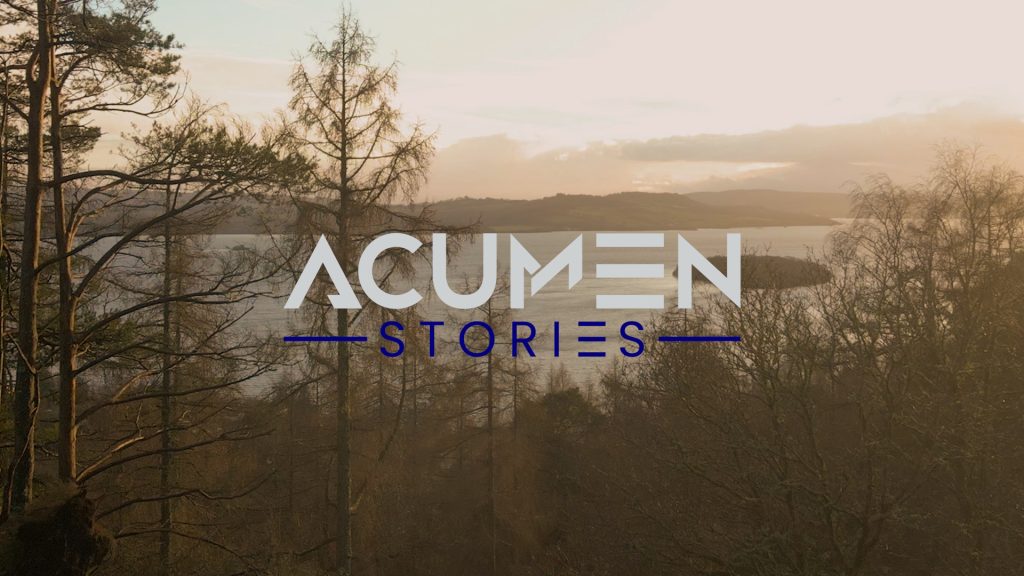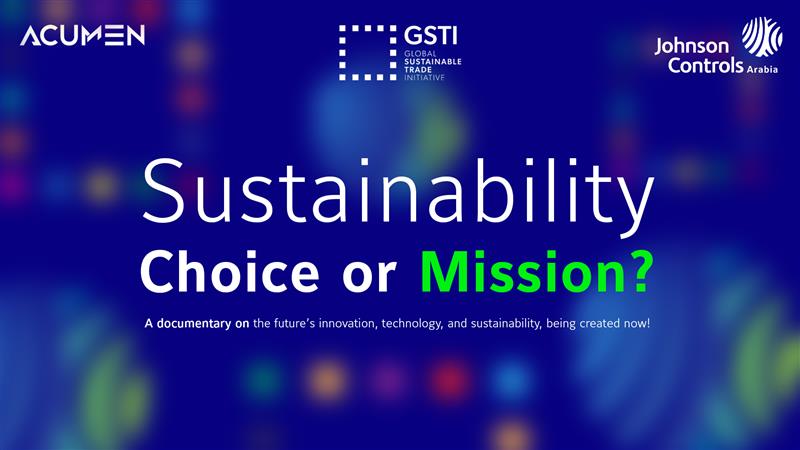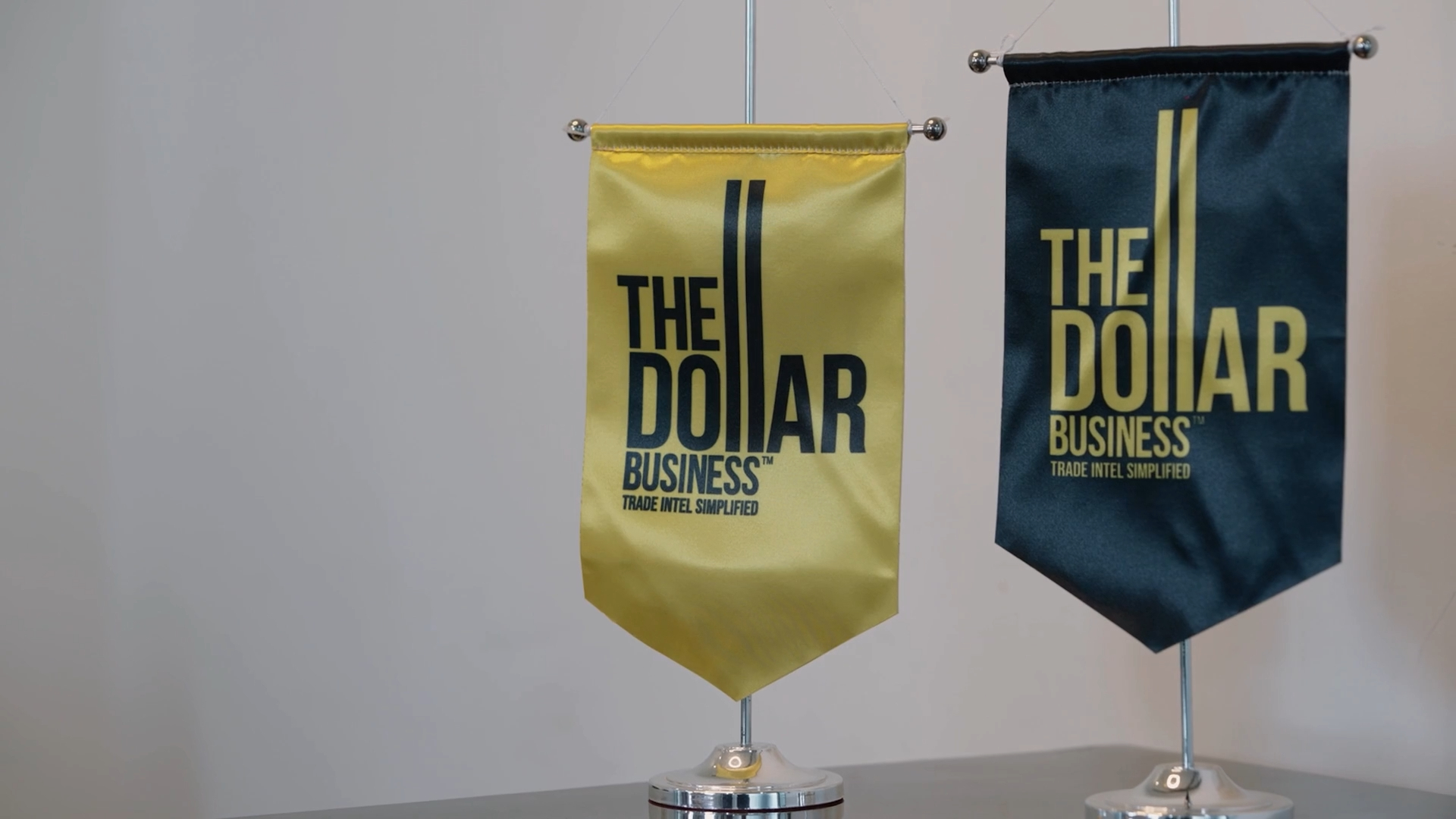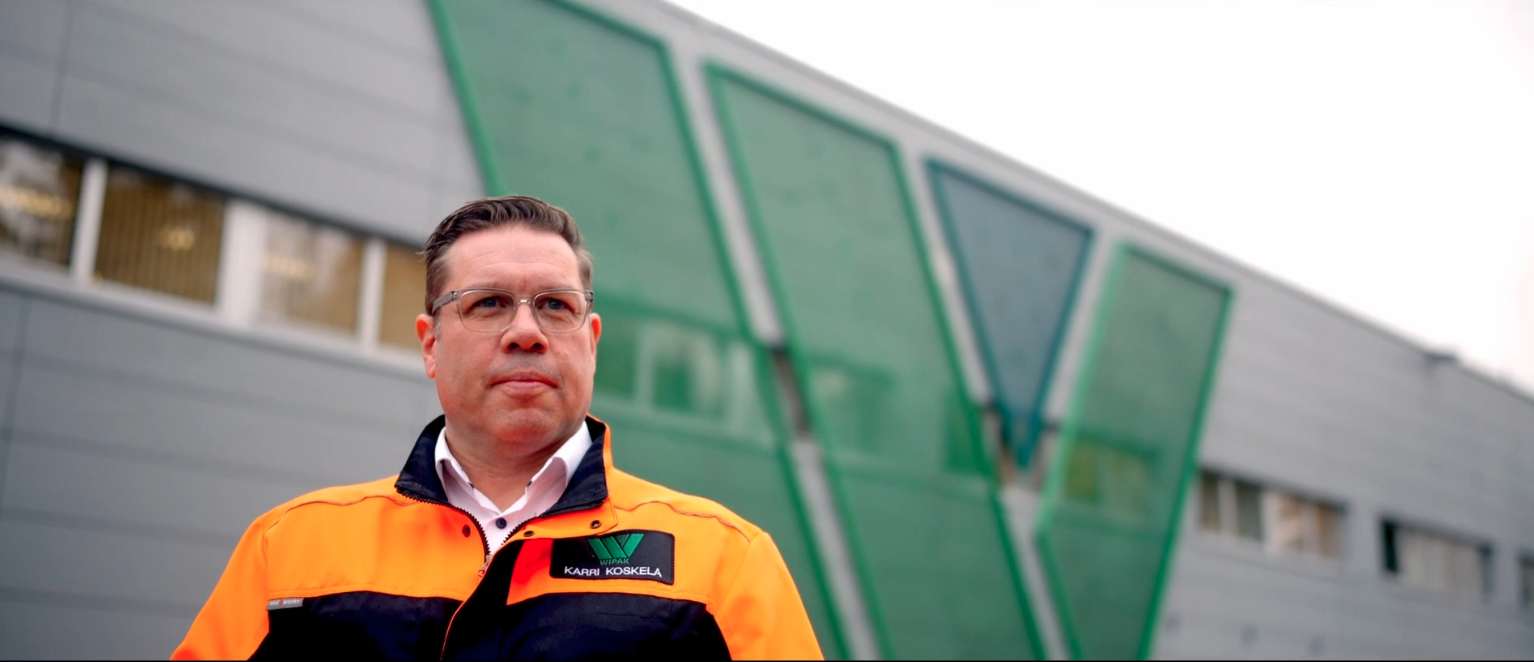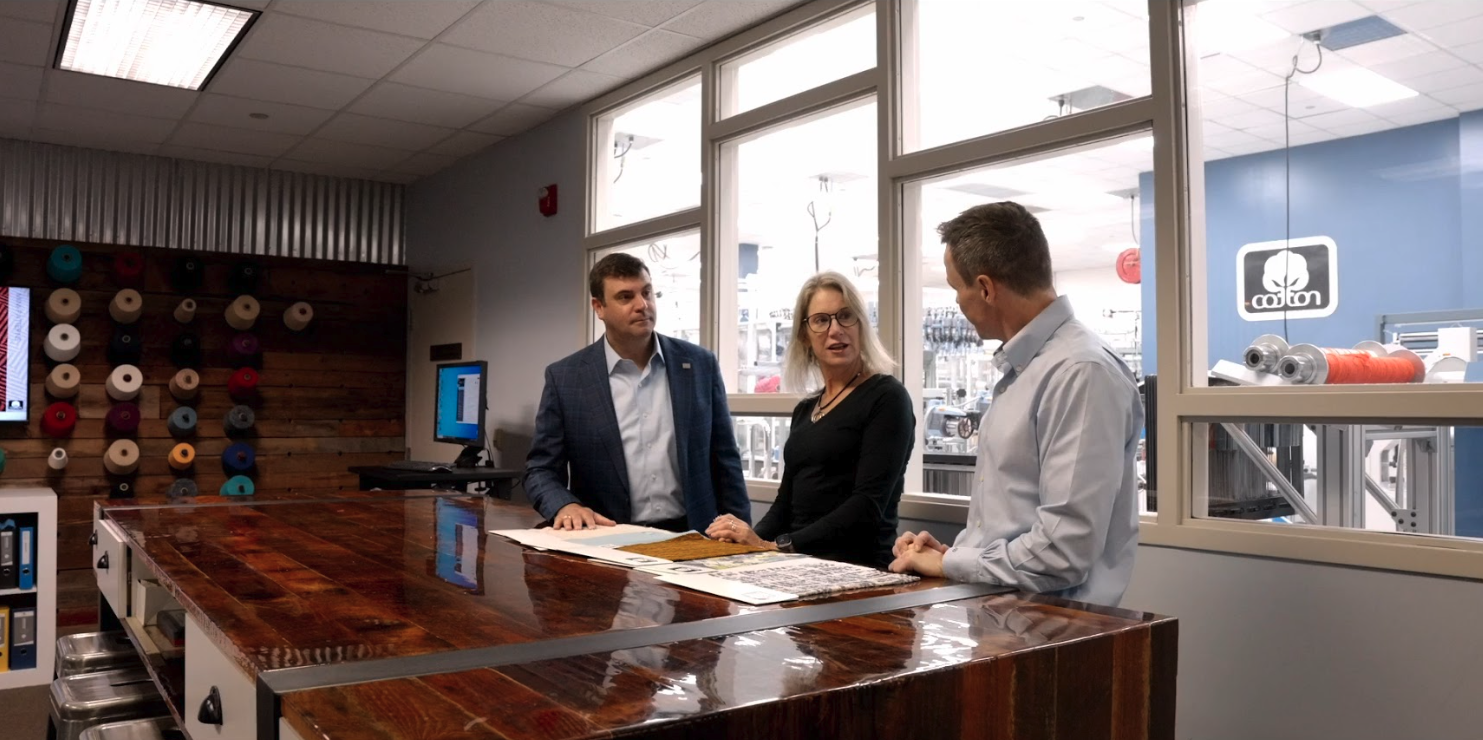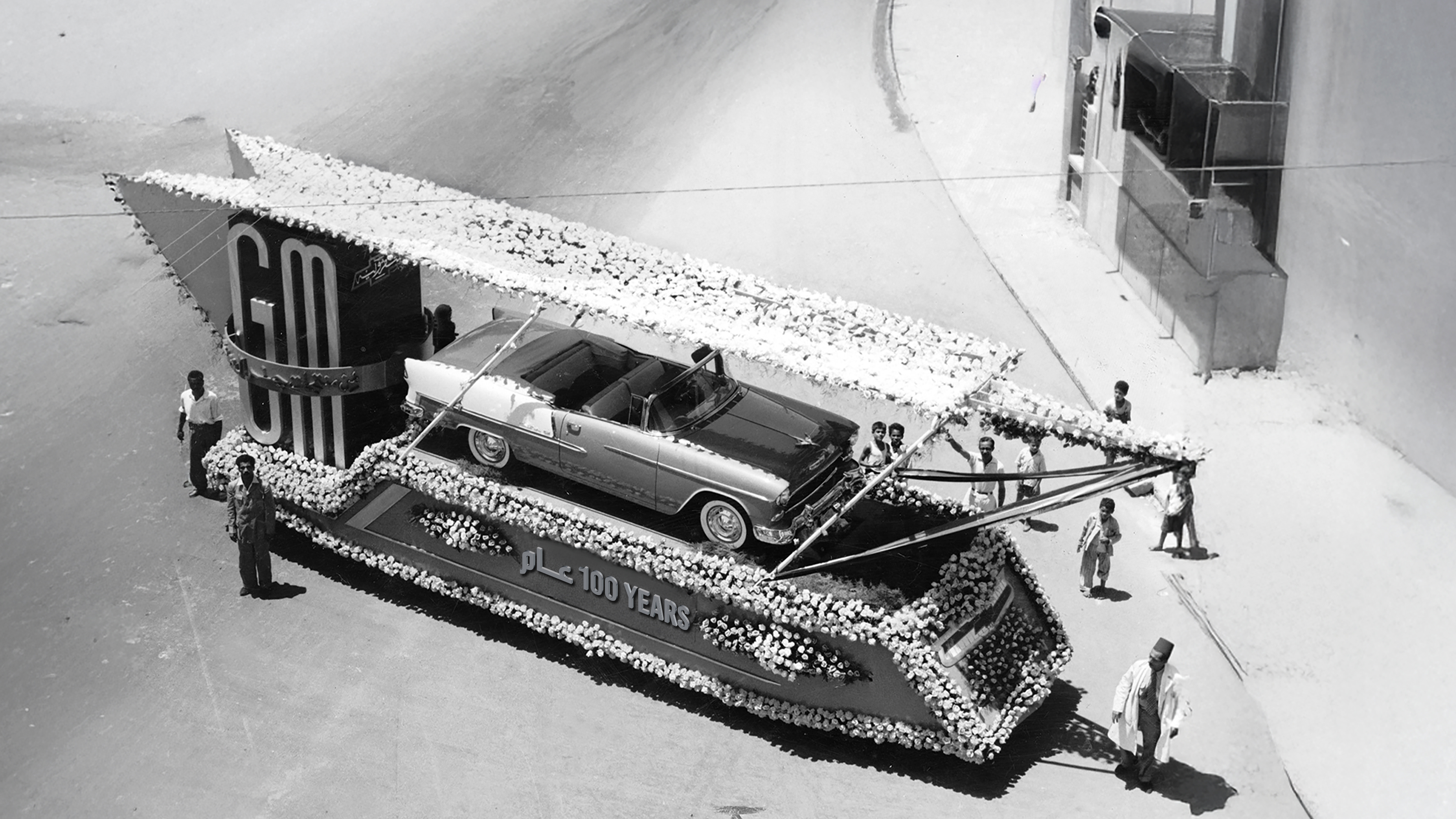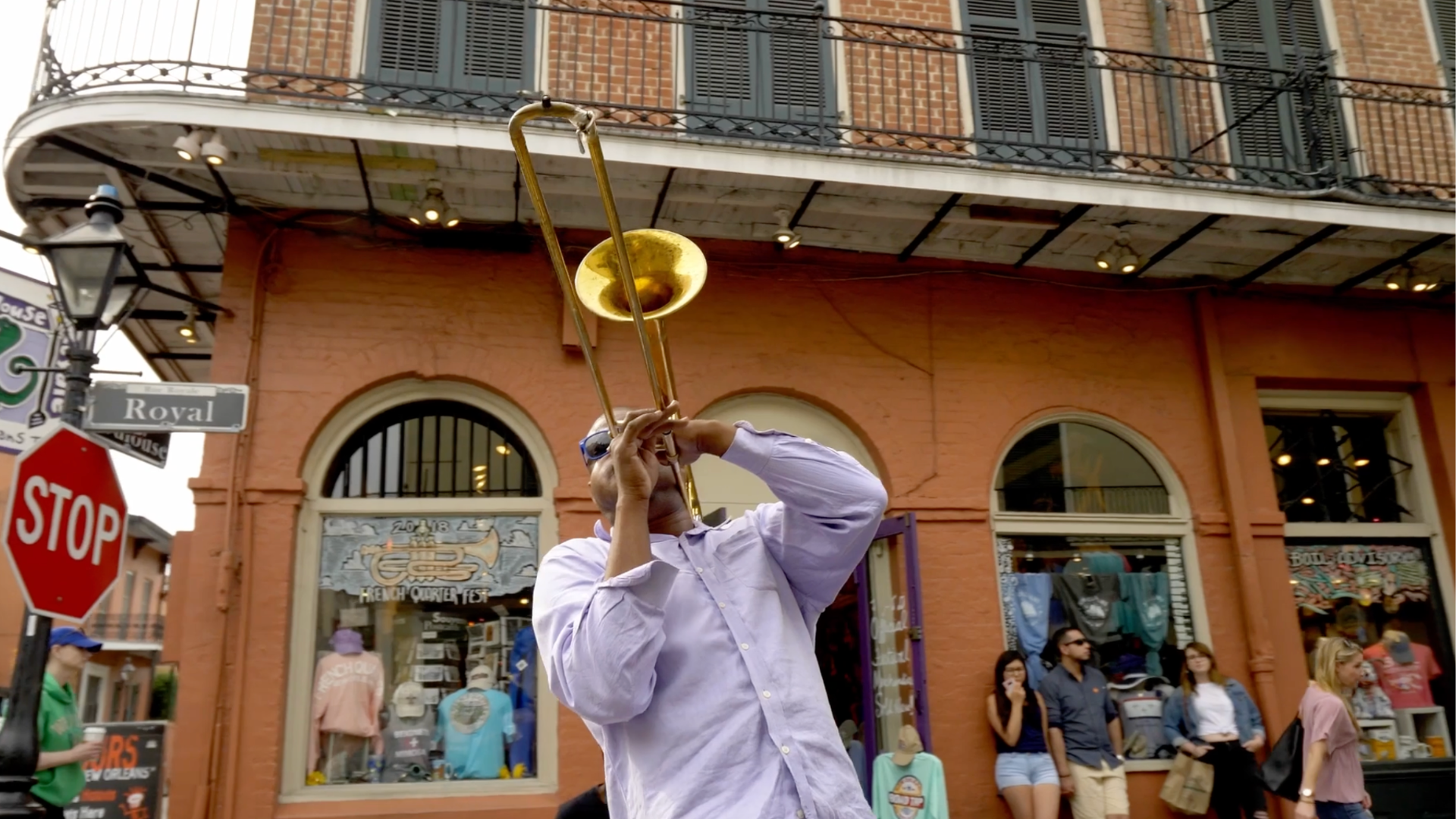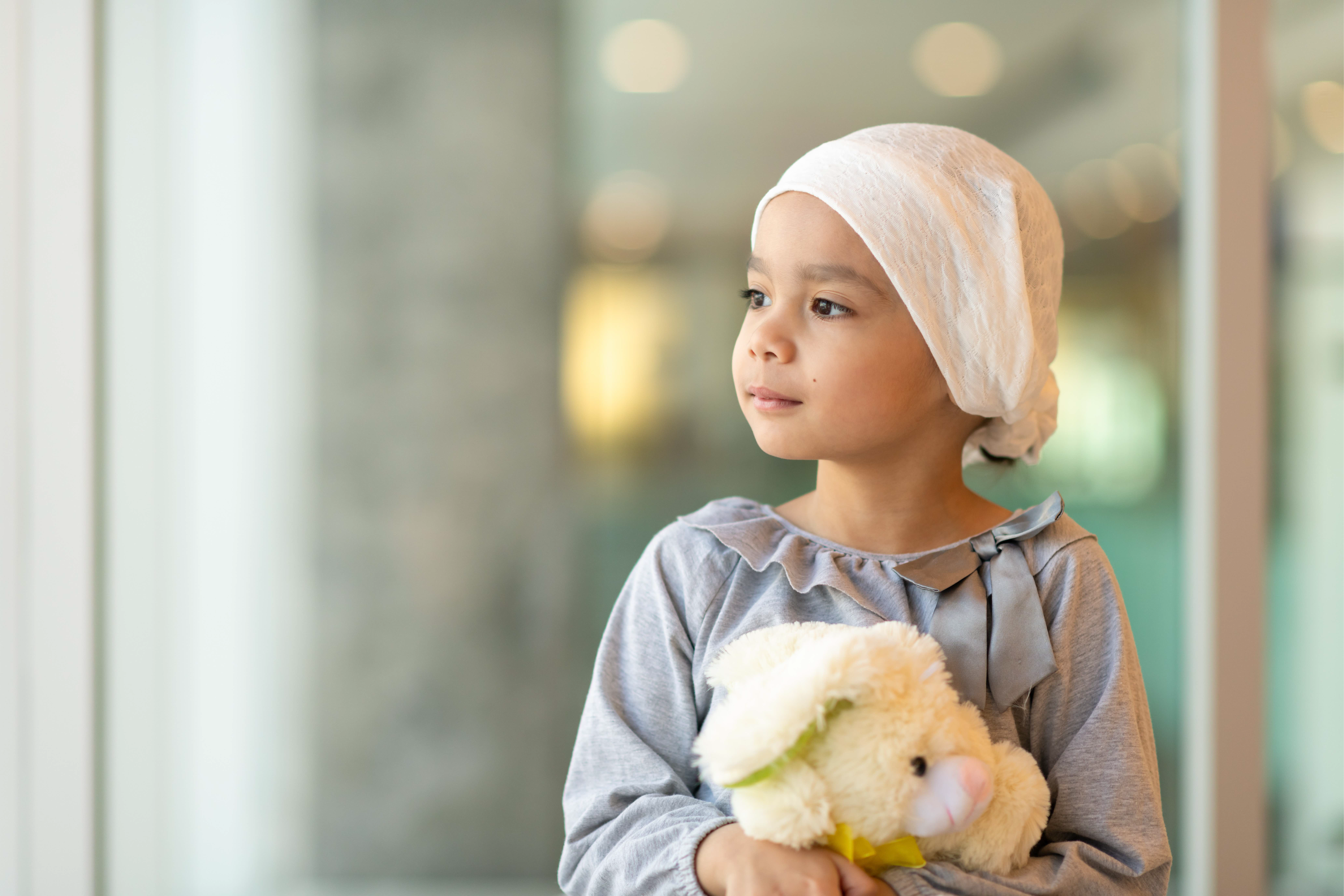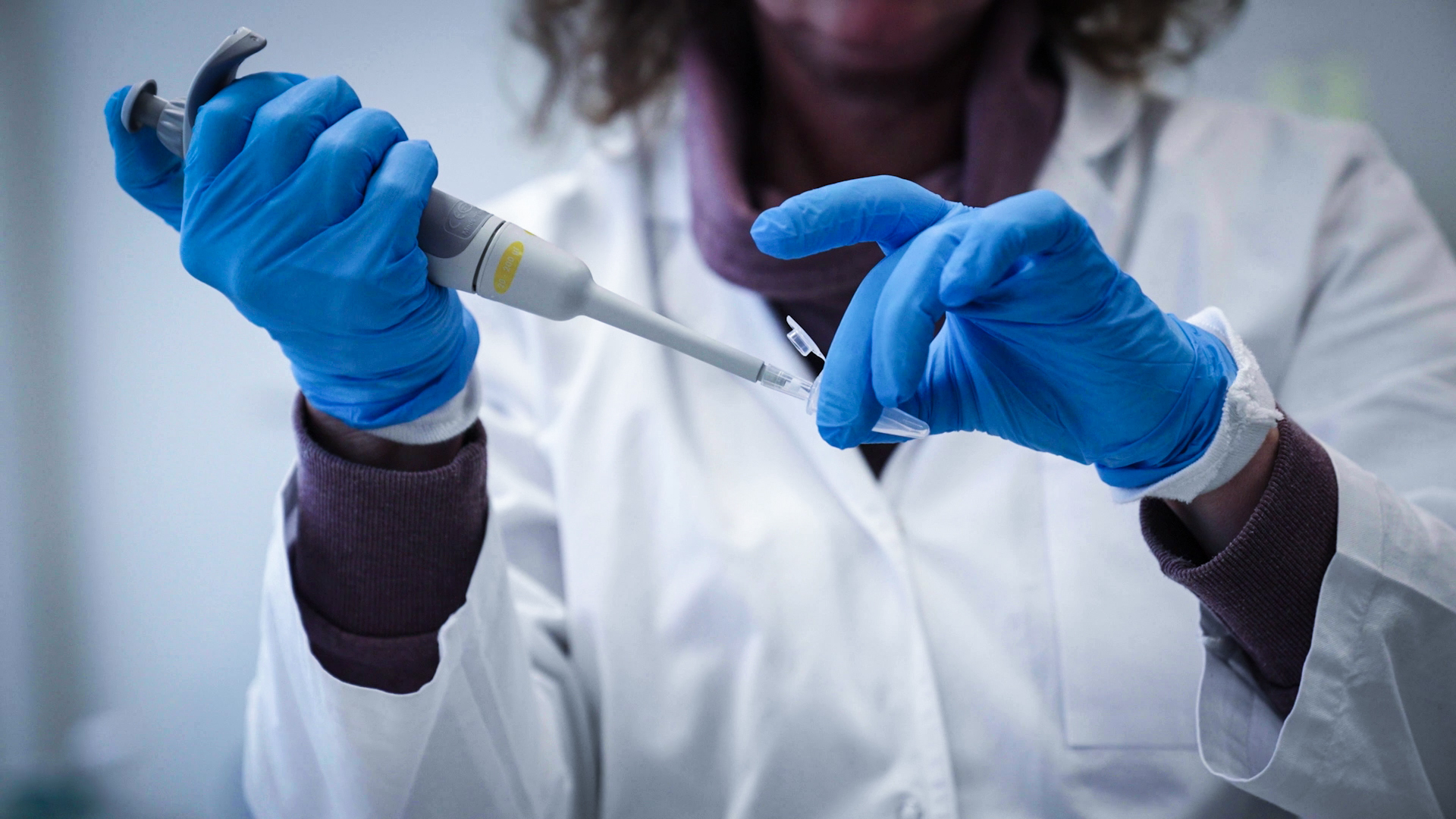Caring for Life: Bioculture’s Journey from Biodiversity to Global Health Innovation
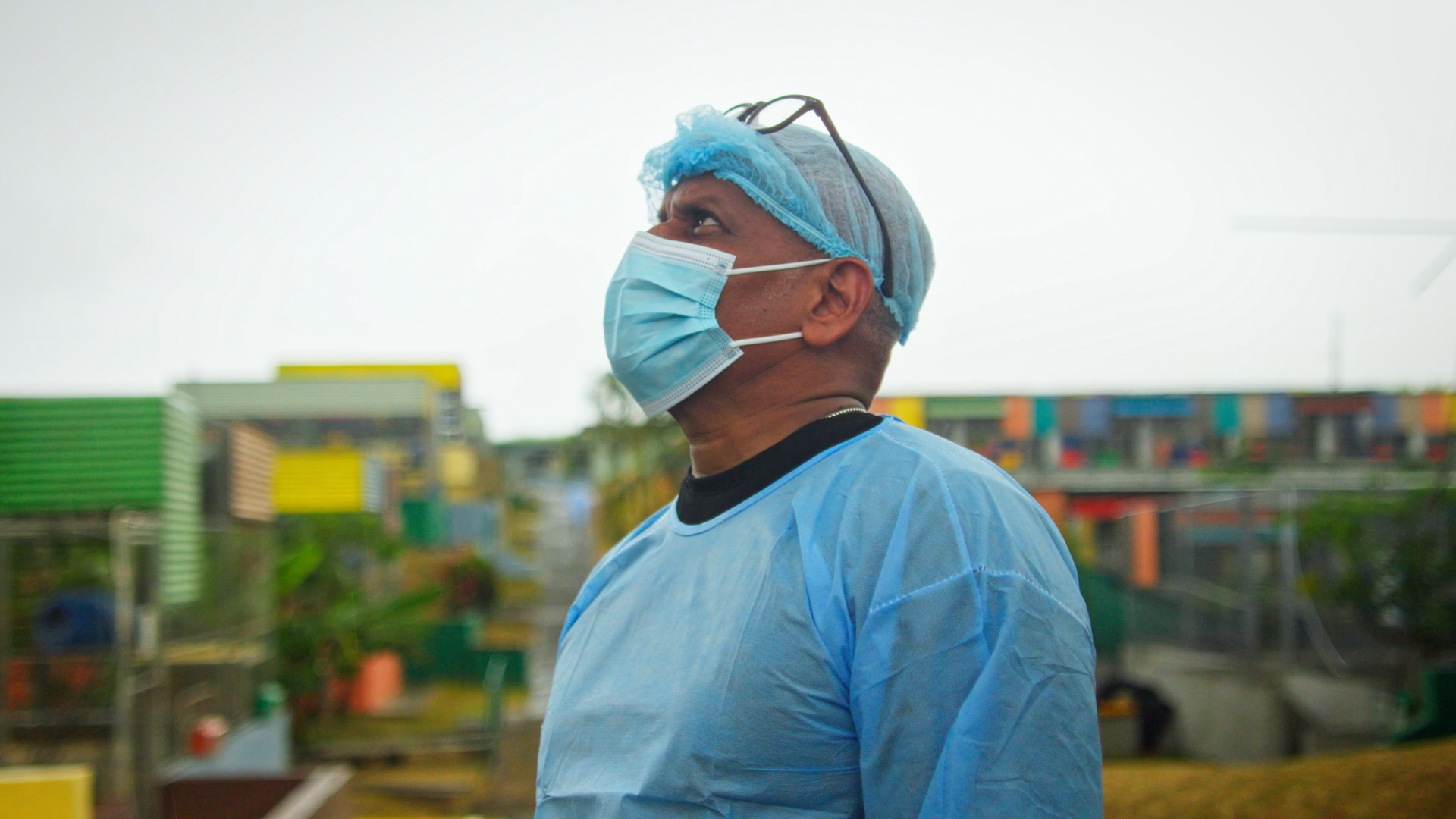
Bioculture was born at the intersection of biodiversity and biomedicine. Today, it is building on its vision of ‘Caring for life’ to contribute to a healthier, more sustainable world
Breakthroughs in medical research are helping people live longer, healthier lives. However, the process of developing these lifesaving treatments is long, expensive and sometimes controversial. Biomedical research involves balancing risk and reward: only 10% of drug candidates receive regulatory approval; yet immunization efforts alone have saved 154 million lives globally over the last 50 years.
For the last 40 years, Bioculture has been a vital part of the biomedical research ecosystem. It pioneered the breeding and export of Mauritian cynomolgus macaques in 1984 and significantly contributed to Mauritius’ reputation as one of the most ethical and high-quality suppliers of non-human primates. Today, Bioculture is on a mission to leverage its expertise and unwavering commitment to the highest standards of care to accelerate the development of treatments, unlocking incredible possibilities for patients worldwide.
Biodiversity X Biomedicine
Bioculture’s origins lie at the unique intersection of biodiversity and biomedical research. Recognizing that monkeys, an introduced species to Mauritius, constituted a threat to the endemic and endogenous biodiversity of the island, founders Mary-Ann and Owen Griffiths saw an opportunity to transform a challenge into a resource. Mary-Ann, a Mauritian microbiologist, and Owen, an Australian zoologist with a passion for conservation, drew on their collective expertise to set up the island’s first breeding facility.
Mauritian cynomolgus macaques have since become indispensable to the biomedical research sector, renowned for their 100% specific pathogen free status. The absence of infections reduces confounding factors that could interfere with research outcomes, making this model extremely valuable in the preclinical trial phases of drug and treatment development.
Even as the company has grown in size and impact, its founders remain committed to the endemic and endogenous biodiversity of the Indian ocean region. A significant portion of the company’s profits is invested in conservation projects specifically targeting the preservation and safeguard of native fauna and flora in Mauritius and Madagascar.
Caring for Life
Bioculture proves that commercial success and responsible practices can go hand in hand. Its mission to advance medical breakthroughs is underpinned by its ethos of “Caring for Life.” This is reflected in every aspect of its operations: prioritizing animal welfare, valuing personnel well-being, and investing in environmental sustainability.
Building on decades of experience in biomedical research, Bioculture is expanding its role in the research value chain. In October 2024, through its investment vehicle, Savanne Life Sciences, Bioculture acquired a majority stake in Franklin Biolabs, a cutting-edge genetic medicines CRO. This strategic investment allows Bioculture to play a more direct role in advancing medical breakthroughs, supporting the journey from discovery to development.
By moving further up the value chain, Bioculture is positioned to have a greater influence on the development of treatments that improve lives worldwide—all while staying true to its mission of caring for life.

